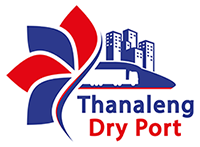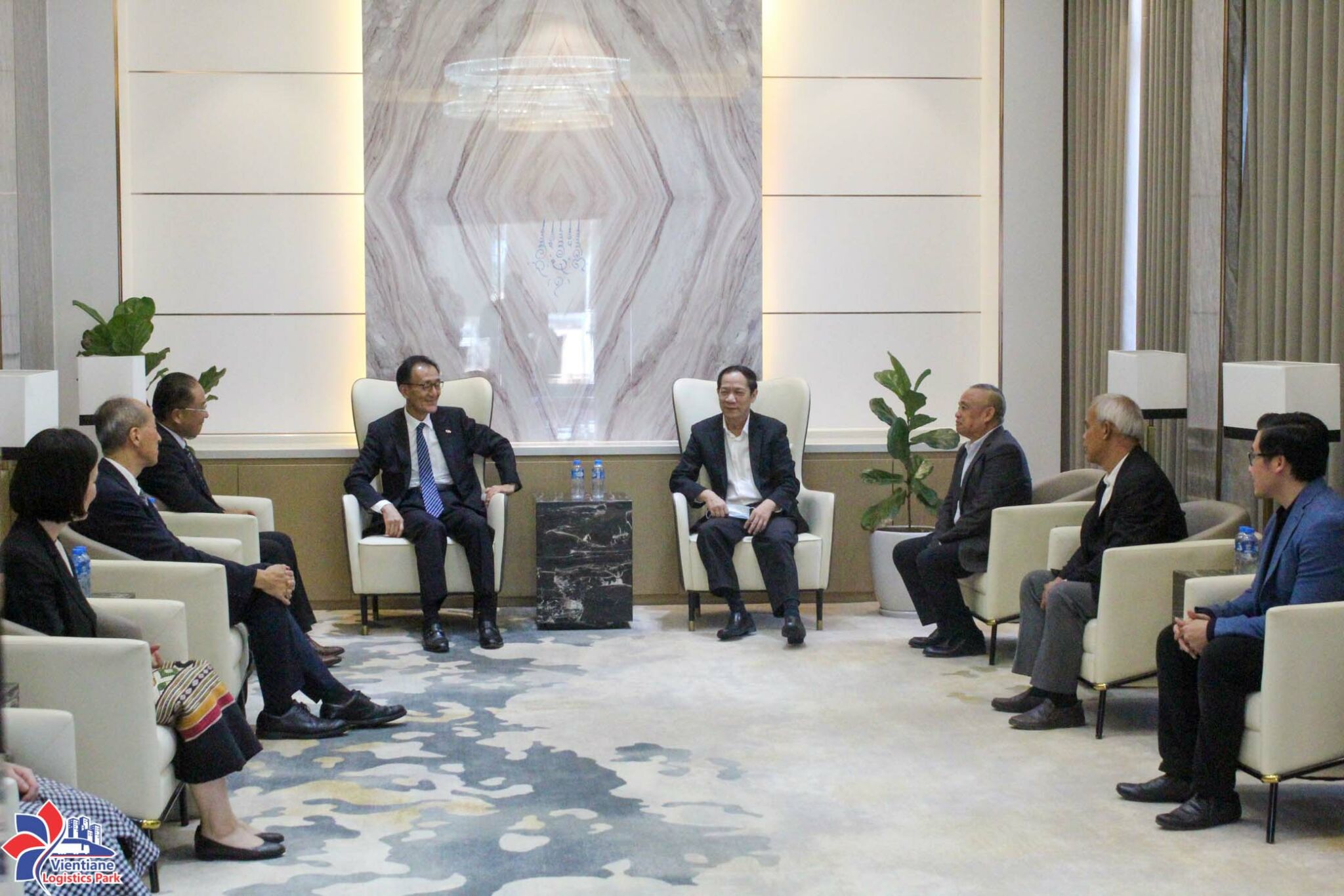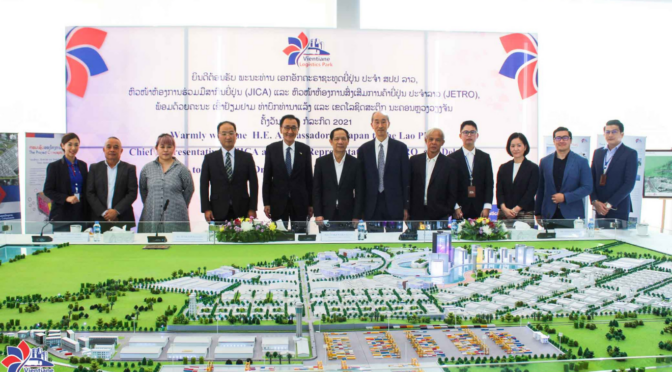Welcoming the guests was also former Minister to the Prime Minister’s Office and current President of the Executive Board of Strategy and Planning in PTL Holding Company Limited, Mr Alounkeo Kittikhoun.
Mr Sakhone said the project’s concept is also to serve as a border checkpoint similar to a seaport-based or airport-based transit area or international arrival zone where procedures are streamlined to facilitate the free flow of trucks and goods.
“The aim is to have a free flow of trucks arriving and offloading containers like an aircraft arriving, meaning you don’t have to stamp anything to allow the smooth flow of vehicles, people, cargo and containers, and you turn back,” Mr Sakhone said.
“The development will be along the lines of a port concept based on the international border for an airport.”
Starting construction last year, the project expects to launch soft opening this month.
Now operating two companies providing transport services from Thailand’s Laem Chabang port to Laos via train, the developer said the project will reduce the cost of transport from and to Laos.
The Thanaleng Dry Port and Vientiane Logistics Park are expected to reduce cross-border transport costs, especially at the 1st Lao-Thai Friendship Vientiane-Nong Khai border crossing by 40 percent from current prices by 2025.
As part of the Laos Logistics Link, the TDP and VLP will connect to a number of mega trade infrastructure projects that are also part of the LLL. These include the Vung Ang seaport in Vietnam’s central Ha Tinh province, which the Lao and Vietnamese governments have agreed to jointly develop, the planned railway to link the Lao capital of Vientiane with the Vung Ang seaport, and the 2,000MV coal-fired power plant in central Khammuan province.
Being developed on a 382-hectare site, the US$727 million project will provide business opportunities such as access to global supply chains with efficient logistics, Head of the VLP’s Investment Promotion Unit Viphalath Jinnalard said.
She added that businesses operating here would enjoy a number of tax incentives, trade privileges, relaxed legal requirements and one-stop service facilitation, thus boosting their business competitiveness.




